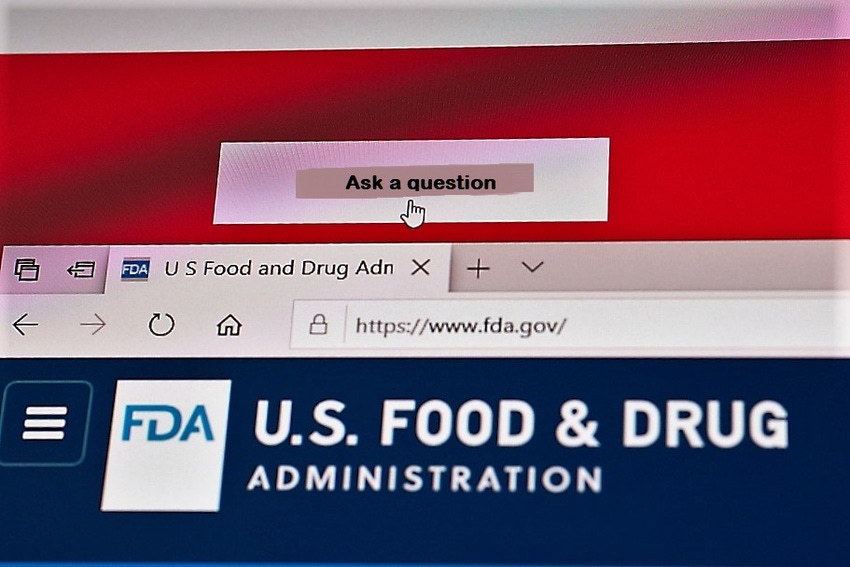Content Spotlight
Podcast: MilliporeSigma says education vital to creating unbreakable chain for sustainability
MilliporeSigma discusses the importance of people, education, and the benefits of embracing discomfort to bolster sustainability efforts.

Having qualified assays and appropriate cGMPs in place is crucial to support product quality when bringing a gene therapy product into late-phase studies, the US FDA says.
This week, the US Food and Drug Administration (FDA) hosted the first in a series of virtual town halls aimed at engaging with product development stakeholders and researchers to discuss topics related to advanced therapies.
The event run by the Office of Tissues and Advanced Therapies (OTAT) – soon to become the Office of Therapeutic Products (OTP) – focused on gene therapy chemistry, manufacturing, and controls (CMC), with Agency experts answering questions aimed at providing regulatory information to stakeholders to advance drug development.

Image: DepositPhotos/ g0d4ather
Among the subjects discussed was what relevant CMC information is needed for a gene therapy product going into phase III or late-phase studies to advance it towards commercialization.
Kimberly Schultz, chief of Gene Therapies at FDA, said while safety is the Agency’s main concern during early-phase studies, “late-phase studies should reflect the planned commercial setting so that you can support interpretation of the clinical study data in order to assess the product’s efficacy.”
She pointed to the FDA’s gene therapy CMC guidance (from January 2020) but added “some must-haves and good-to-haves” that could assist developers move quicker through the clinic.
“First and foremost, you must have qualified assays – including a potency assay – in place prior to initiating studies that are intended to provide the primary efficacy data for licensure,” which are assessed based on the clinical study design, she told stakeholders.
“As many times, our products don’t have what would be called a formal phase III study. And so for these late-stage studies, you should also have appropriate cGMPs in place in order to support the product quality and facility control.”
Importantly, the FDA asks that sponsors determine where variability and risk are possible. “Through that risk assessment, you should ensure that you have the controls in place in order to reduce the variability of your product.”
She added this will be assessed on a product-by-product basis.
“For instance, for a fresh cell-based gene therapy, shipping validation should be conducted in order to support that the product quality is not affected from the time of release to the time of delivery and administration at the clinical site.”
Meanwhile, “for an AAV [adeno-associated virus] vector, the product should be formulated using a nominal titer so that you can gain experience with the commercial dosing strategy. And that can be part of the interpretation of the efficacy assessment.”
She concluded the FDA recommends sponsors move to the expected commercial configuration prior to conducting this pivotal study as “this will reduce the risk in your developmental process. This includes using the intended commercial manufacturing process at the intended manufacturing facility and using the expected lot release testing strategy.
“And this will position you to have the maximal data at your disposal to use for your license application, and it’s also going to reduce the complications related to comparability assessments that may occur during the BLA [Biologics License Application] review.”
The next town hall meeting is expected next month, with a focus on cell therapy CMC.
You May Also Like